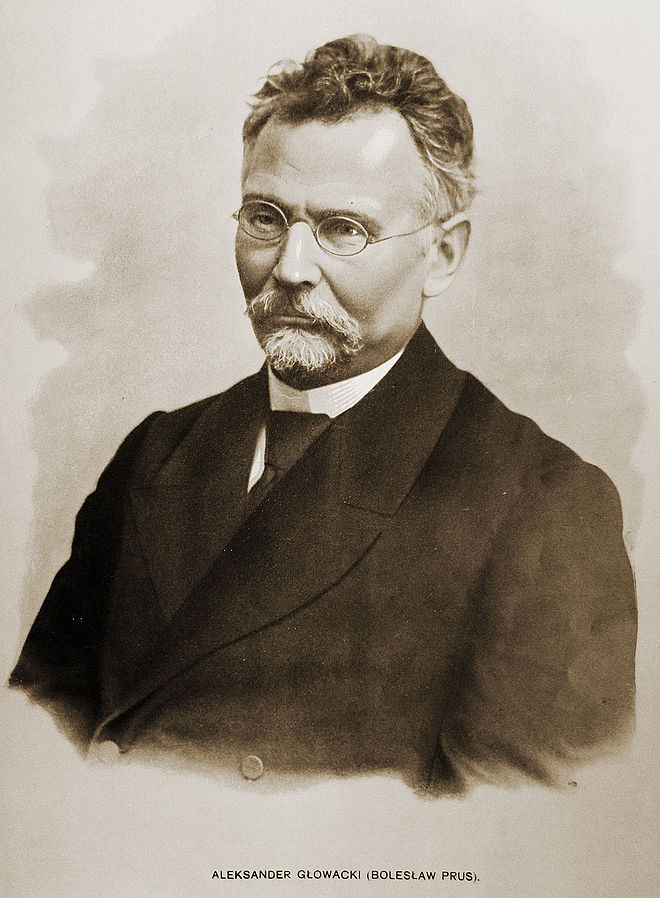Bolesław Prus (Aleksander Głowacki) became one of the most popular and recognisable Polish novelists and short story writers. However, the author of “The Doll” was also an excellent columnist, publicist and editor of periodicals in which he tried to promote sober and modern thinking about effective patriotism among Poles deprived in his time of an independent state.
In his article ‘What is patriotism’, Prus explained that it unites individuals of the same nationality and gives this collective the character of a nation, that is, a wholesome entity similar to a living organism. In relation to the nation, the patriot “has a duty to exemplify everything that constitutes its prosperity”. Thus, Poles in the captivity of the partitioners should not sell their land but keep it and try to multiply their possessions. Prus encouraged participation in building prosperity, urged honest work and the promotion of national education. His recommendations were based on positivist ideals of the individual co-creating the general good, the striving of the collective for development. He also dealt with those issues, which he linked to patriotism and the mechanisms of society, when writing his novels. In his novel The Outpost, for example, he tackled the topic of German colonisation, with which Polish peasants clashed in Poland. In “Pharaoh” he analysed the mechanisms of the state and the transformations taking place within it.
Having had the experience of participating in the January Uprising, Prus expressed his ambivalent attitude to national uprisings as a path to independence. He knew its ineffectiveness, and witnessed the devastating consequences after their end, when the invaders began repressions for participation in the uprisings. He pointed out that the armed struggle of Poles was not preceded by a comprehensive preparation of the collective organism. Prus’s support for hard work in achieving lasting and effective victories for the nation did not mean a declaration of loyalty to the partitioners and abandonment of efforts for independence. According to the publicist, these efforts had to be preceded by the development of effective tools of civilisation.
The writer also tried to put his ideas into practice and was actively involved in various social initiatives aimed at increasing the self-organisation of Poles. He supported, initiated and inspired a multitude of institutions, which testify to the effectiveness and strength of his patriotic work for the nation. By augmenting its organisational capacity, the Polish nation managed to create the capital needed for the restoration of independence, which took place six years after Prus’ death.





